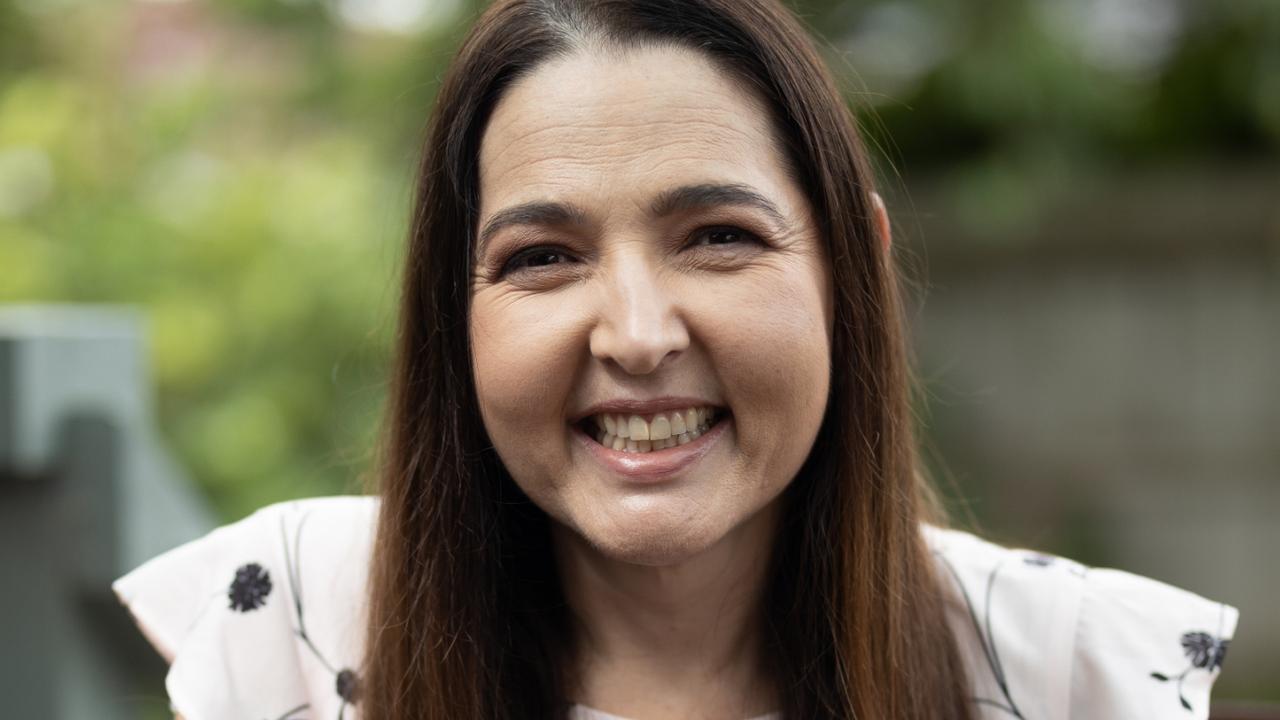Simple test screens for a deadly cancer, but women don’t know about it
Many women don’t know about a simple self-screening test that can help prevent a “devastating” cancer.
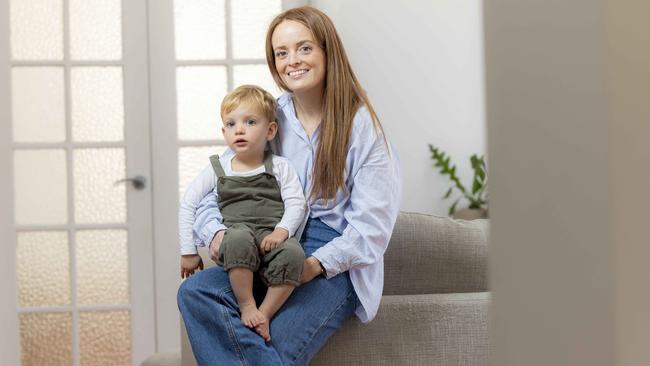
Conditions
Don't miss out on the headlines from Conditions. Followed categories will be added to My News.
Many women don’t know about a self-collected cervical screening test despite the simple swab being readily available in Australia since 2021.
The test takes a sample from the vagina in less than a minute to check for the human papillomavirus (HPV), a common sexually transmitted infection that causes most cervical cancers.
A new survey commissioned by market research company YouGov asked more than 1000 Australian women about the test and found 37 per cent had never heard of it.
Almost half also said they didn’t know there was a link between HPV and cervical cancer. This was most common in young women, and 65 per cent of those surveyed said they either hadn’t had a vaccine, or weren’t sure.
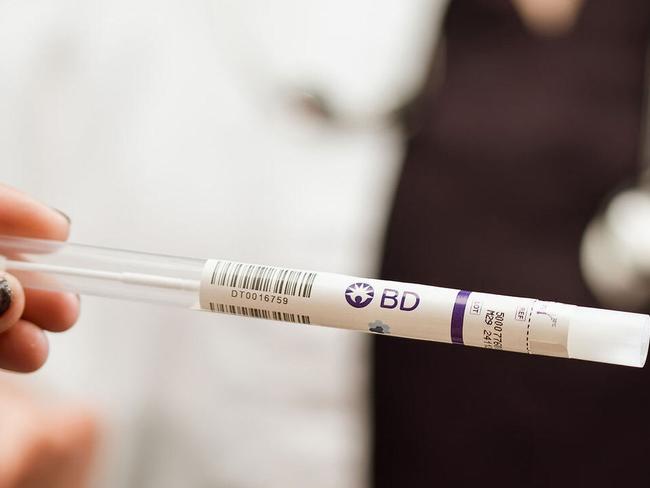
An overwhelming 82 per cent said they would like to know their specific HPV strains after a positive test, which is done by an extended genotyping self-collected cervical screening test.
This test can be discussed with a GP and gives women a more detailed risk assessment to help with monitoring and care.
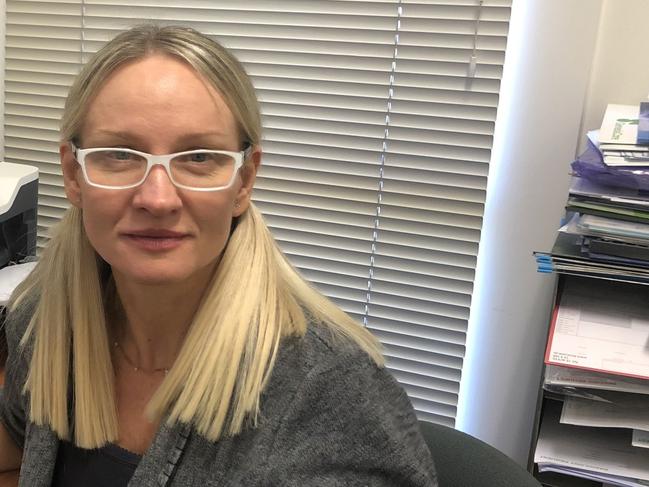
For many women the self-collection test can replace a Pap smear usually performed by a GP.
Dr Lara Roeske, an expert in gynaecological oncology with cervical cancer prevention, said she was not surprised by the findings.
“That comes from the work that I do every day clinically, speaking with women in my practice,” she said.
“I’m actively providing that choice like all Australian GPs and practice nurses.
“However, what we need is a well-run public health education campaign promoted across all aspects of the media.”
She said the self-collection test was a good news story for women.
“It is so empowering of their own health care and their choice,” Dr Roeske said.
“It is also easy and convenient.
“Let’s face it, we’re talking about preventing a devastating cancer.”
Dr Roeske said parents also played a role in encouraging daughters and sons to have the HPV vaccine.
Cervical screening should start from the age of 25 in those who are sexually active.
Dr Roeske said the earlier you vaccinate, the more likely to get robust immune response.
She also warned that condoms don’t protect against HPV.
“While vaccination has significantly reduced the risk of infection from some high-risk strains, it is vital for women to understand that it does not provide protection against all of them,” Dr Roeske said.
“Regular cervical screening remains essential for identifying the presence of these other high-risk strains and ensuring early detection, which can be lifesaving.”
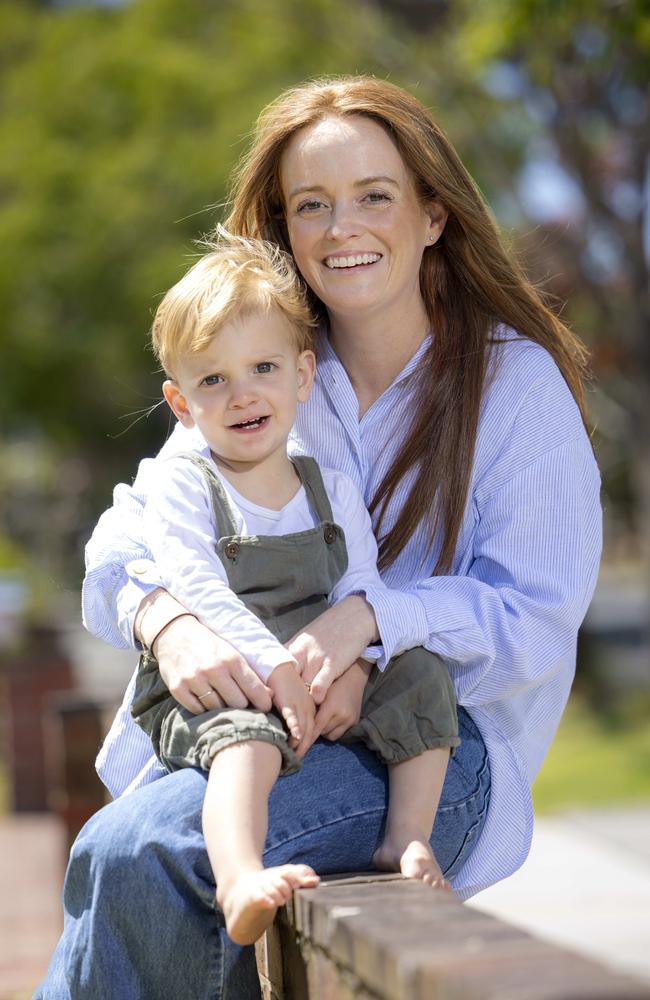
Melbourne mum Emma Jones, 36, is living proof of the importance of regular cervical screenings. It saved her life.
“I had the vaccines in high school and had never had abnormal Pap smears,” Ms Jones said.
“(Then) I went for a routine Pap smear and abnormal cells were found,” she said.
She had a colposcopy, which is a more detailed examination of the cervix, and this showed precancerous cells.
Ms Jones was then booked in for surgery to destroy the cells.
“That’s when they found a tiny tumour further up in the cervix,” Ms Jones said.
“I didn’t have any symptoms so it was a big shock to me.
“It was the start of 2020 and I had just got married, we were heading to the US for our five-week honeymoon.”
Covid and border closures forced the couple to return to Australia where Ms Jones had surgery and the tumour was successfully removed.
Because of the early detection, she was cancer free and no further treatment was needed.
“When I heard I had cancer my first thought was that I wouldn’t be able to have children,” she said.
“I was lucky enough to fall pregnant naturally and quite quickly.”
Their son Sonny was born in March 2023.
Her message to other women is to keep up with routine cervical screenings.
“Even if you’ve had your HPV vaccine, do your screening.”
More Coverage
Originally published as Simple test screens for a deadly cancer, but women don’t know about it




